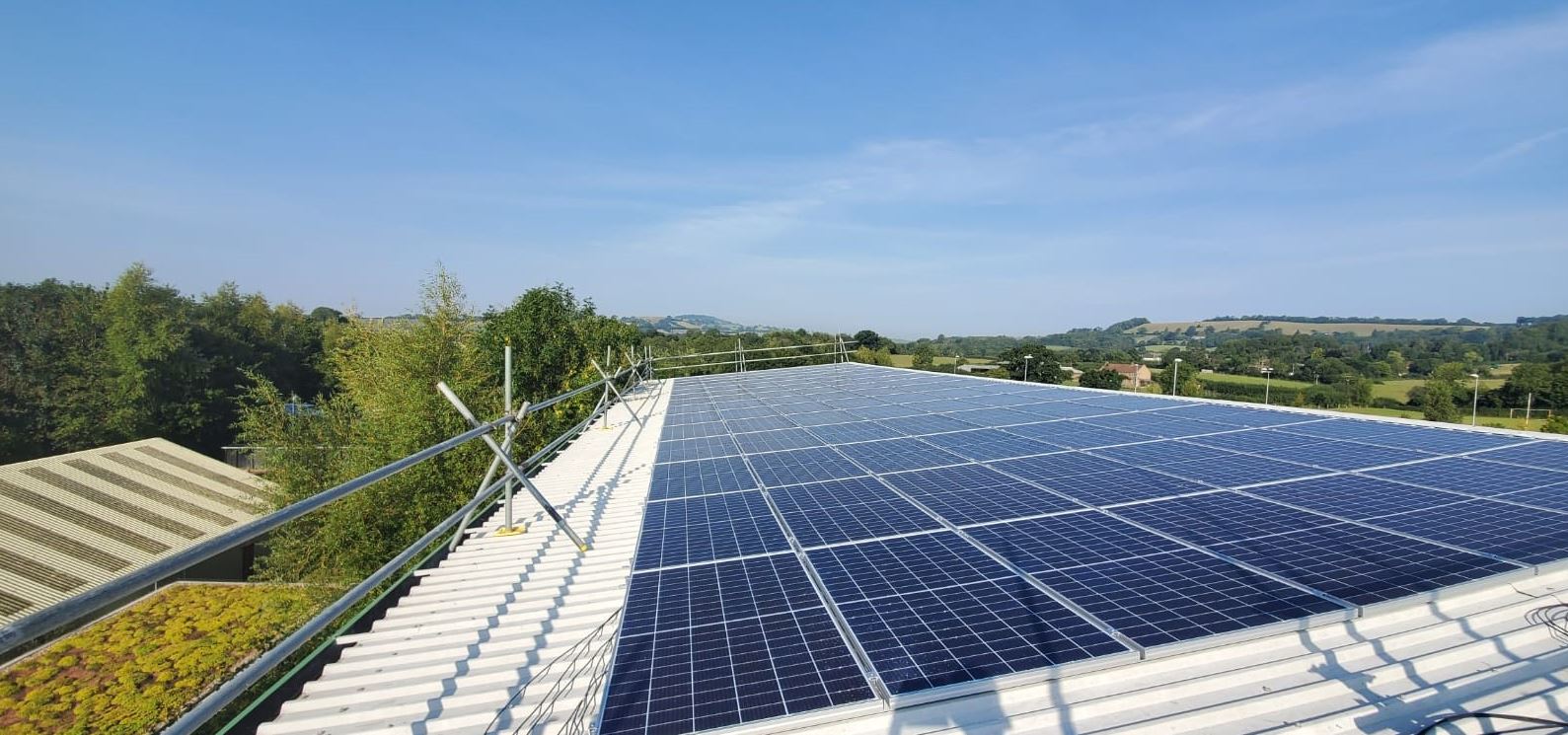Off grid living Devon: Imagine waking to the breathtaking beauty of the Devon countryside, completely self-sufficient and disconnected from the hustle of modern life. This isn’t a fantasy; it’s a tangible possibility. This guide delves into the practicalities, challenges, and rewards of embracing off-grid living in the stunning landscapes of Devon, exploring everything from sourcing water and energy to building your own sustainable home and integrating into the local community.
Prepare to be inspired to embark on a journey towards a simpler, more fulfilling existence.
From the rolling hills of Dartmoor to the dramatic coastline, Devon offers a diverse range of terrains suitable for off-grid living. However, careful consideration of legal requirements, resource availability, and the unique climate of the region is crucial for success. We’ll explore the various options for renewable energy, water harvesting, and waste management, guiding you through the process of building a sustainable and comfortable off-grid home.
We’ll also address the social and financial aspects, providing you with a comprehensive understanding of what it truly means to live off-grid in Devon.
Devon’s Geographic Suitability for Off-Grid Living: Off Grid Living Devon
Devon’s diverse landscape, ranging from dramatic coastlines to rolling hills and Dartmoor’s rugged expanse, presents a unique tapestry of opportunities and challenges for those seeking an off-grid existence. The county’s varied terrain and microclimates necessitate careful consideration of location and resource management when planning an off-grid lifestyle.
Devon’s Diverse Terrains and Their Suitability for Off-Grid Settlements, Off grid living devon
The suitability of a location for off-grid living in Devon is heavily influenced by the terrain. Careful assessment of the advantages and disadvantages of each type is crucial for successful and sustainable off-grid living.
| Terrain Type | Advantages | Disadvantages | Examples of Suitable Locations (Illustrative, not exhaustive) |
|---|---|---|---|
| Coastal Areas | Abundant wind energy potential; potential for seaweed harvesting; stunning views; access to the sea for water (with proper filtration). | Exposure to harsh weather conditions; potential for flooding; land scarcity and high property prices in desirable locations; challenges in accessing reliable utilities for backup. | Sections of the North Devon coast (e.g., near Mortehoe) offering sheltered coves; parts of the South Hams with less densely populated areas. |
| Rolling Hills and Farmland | Relatively flat land suitable for building; potential for solar energy; access to fertile land for food production; often less exposed to extreme weather than coastal areas. | Potential for soil erosion; reliance on rainwater harvesting; may require significant land clearing for building; potential for conflicts with agricultural activities. | Areas around the Exe Valley; parts of Mid Devon with less intensive farming. |
| Moorland (e.g., Dartmoor) | Abundant natural resources; less populated; potential for wind and solar energy; unique sense of seclusion. | Harsh weather conditions; challenging terrain for building; limited access to resources; strict planning permissions. | Remote sections of Dartmoor National Park (subject to stringent planning regulations). |
| Woodland Areas | Potential for sustainable forestry; natural shelter from wind; privacy; access to timber for construction. | Limited sunlight for solar energy; potential for dampness and soil issues; difficulties in accessing resources; challenges in obtaining planning permission. | Areas of Exmoor National Park or smaller woodland holdings (subject to planning permission). |
Devon’s Climate and Its Impact on Off-Grid Living
Devon experiences a temperate maritime climate, characterized by mild winters and relatively cool summers. However, significant variations exist across the county. Coastal areas experience higher rainfall and stronger winds than inland regions. This impacts off-grid living choices in several key ways:Water sourcing relies heavily on rainwater harvesting in many areas. Coastal locations may offer seawater as a source, but desalination is required, which necessitates energy.
Inland areas with higher rainfall can be more suitable for efficient rainwater harvesting systems.Energy production is influenced by the wind and sun. Coastal areas generally have greater wind potential, making wind turbines a viable option. However, solar power may be less effective due to cloud cover. Inland areas, particularly those facing south, offer better potential for solar energy generation.
Legal and Planning Restrictions on Off-Grid Development in Devon
Establishing an off-grid property in Devon is subject to strict planning regulations. Building on land without the necessary permissions is illegal. The planning process requires detailed proposals addressing water sourcing, waste disposal, and energy generation. National Park designations, such as Dartmoor and Exmoor, impose even stricter regulations. It’s crucial to consult with the local planning authority early in the process to determine the feasibility of any proposed off-grid project and to understand the specific requirements.
Securing the necessary permissions can be time-consuming and challenging.
Embarking on the journey of off-grid living in Devon is a significant undertaking, demanding careful planning, resourcefulness, and a deep respect for the environment. Yet, the rewards – a life steeped in self-sufficiency, connection with nature, and a strong sense of community – are immeasurable. This guide has provided a framework; now it’s your turn to envision your own unique off-grid haven in the heart of Devon.
Embrace the challenge, and discover the profound satisfaction of living in harmony with the land.
FAQ Section
What are the typical social challenges of off-grid living in Devon?
Potential challenges include limited social interaction, difficulties accessing services, and navigating local regulations.
How much land do I need for off-grid living in Devon?
The land size depends on your needs and chosen lifestyle, but at least a few acres are generally recommended for sufficient resources and privacy.
What are the insurance implications of off-grid living?
Finding suitable insurance coverage can be challenging; specialized insurers or brokers familiar with off-grid lifestyles are necessary.
What about internet access in remote areas of Devon?
Reliable internet access can be limited; satellite internet or alternative solutions might be necessary.
You also can investigate more thoroughly about hand tools for off grid living to enhance your awareness in the field of hand tools for off grid living.

